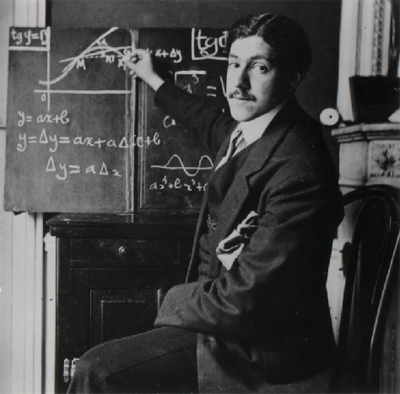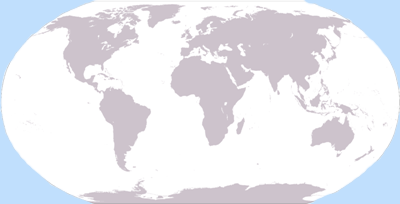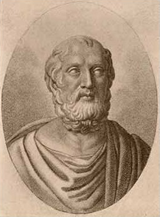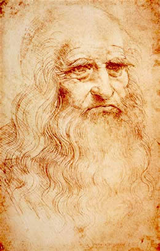|
||||||||||||||||||||||||||||||||||||||||||
TheWorld and Universal Academy Foundation has for ideal goals to promote the arts, the culture and the peace world-wide.
|
||||||||||||||||||||||||||||||||||||||||||
...
WUACADEMIA: Vocational Education and Training or VET |
Professional Certificate in |
Mathematics and Economics |
 |
| Marcel Dassault, born Marcel Bloch (22 January 1892 – 17 April 1986), was a French aircraft industrialist (Photo in 1914). |
If You Want to become a Mathematician and Economist, this course is for you. |
Mathematics is the abstract study of topics such as quantity (numbers), structure, space, and change. There is a range of views among mathematicians and philosophers as to the exact scope and definition of mathematics. A mathematician is a person with an extensive knowledge of mathematics who uses this knowledge in their work, typically to solve mathematical problems. Mathematics is concerned with numbers, data, collection, quantity, structure, space, models and change. Mathematicians involved with solving problems outside of pure mathematics are called applied mathematicians. Applied mathematicians are mathematical scientists who, with their specialized knowledge and professional methodology, approach many of the imposing problems presented in related scientific fields. With professional focus on a wide variety of problems, theoretical systems, and localized constructs, applied mathematicians work regularly in the study and formulation of mathematical models. Mathematicians and applied mathematicians are considered to be two of the STEM (science, technology, engineering, and mathematics) careers. The discipline of applied mathematics concerns itself with mathematical methods that are typically used in science, engineering, business, and industry; thus, "applied mathematics" is a mathematical science with specialized knowledge. The term "applied mathematics" also describes the professional specialty in which mathematicians work on problems, often concrete but sometimes abstract. As professionals focused on problem solving, applied mathematicians look into the formulation, study, and use of mathematical models in science, engineering, business, and other areas of mathematical practice. |
 |
Photograph shows stock brokers working at the New York Stock Exchange |
Economics is the social science that analyzes the production, distribution, and consumption of goods and services. The term economics comes from the Ancient Greek οἰκονομία (oikonomia, "management of a household, administration") from οἶκος (oikos, "house") + νόμος (nomos, "custom" or "law"), hence "rules of the house(hold)". Political economy was the earlier name for the subject, but economists in the latter 19th century suggested 'economics' as a shorter term for 'economic science' that also avoided a narrow political-interest connotation and as similar in form to 'mathematics', 'ethics', and so forth. Do You Want to learn Mathematics and Economics? You can! This programm can open doors to careers that you might not have considered. |
What you will learn:
|
REALIZE YOUR AMBITION WITH WUACADEMIA Price €500 (for one year home study) |
| Study Method |
The course is designed for study by distance learning at home or at work. Students will receive all course materials by post or online, plus tutor support by email. |
| Online Learning: |
|
| Qualification |
At the end of this course successful learners will receive a Professional Certificate of achievement. The training courses have been designed specifically to meet the needs of learners who prefer to study from home. |
 |



